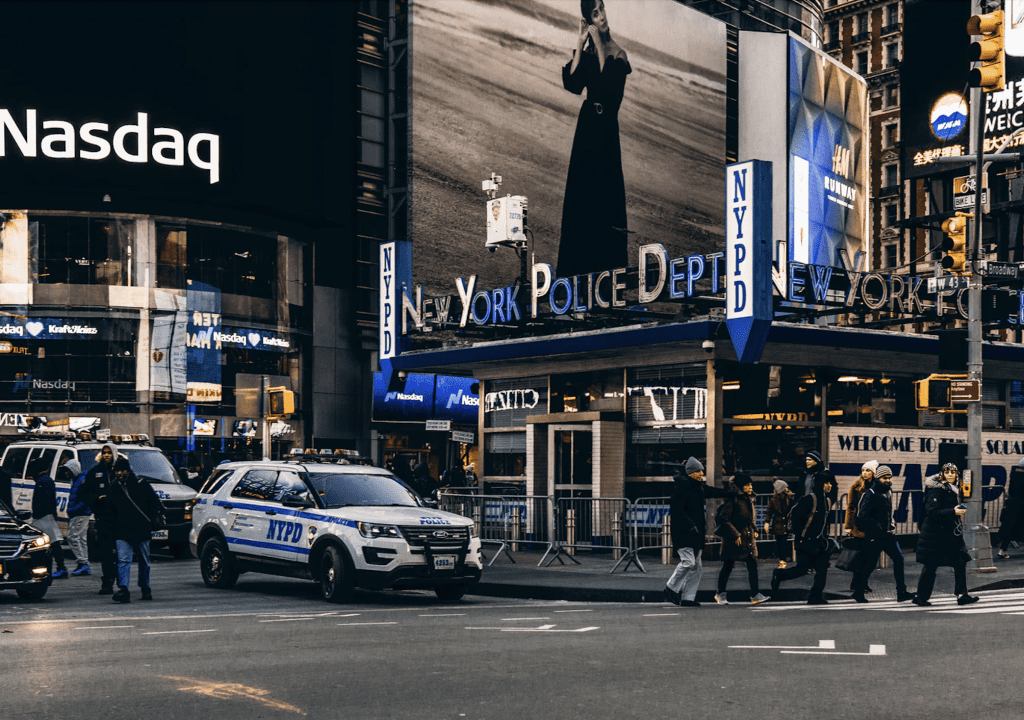What does a lawsuit waged against the world’s largest producer of beef products have to do apparel and accessories retailers? Maybe more than meets the eye. In a new(ish) complaint lodged in a New York state court, the state of New York, represented by Attorney General Letitia James, is accusing JBS USA Food Company and JBS USA Food Company Holdings (collectively, “JBS”) of engaging in “fraudulent and illegal environmental marketing practices” thanks to their continued use of “unsubstantiated and misleading environmental marketing claims” aimed at boosting the company’s image among eco-conscious consumers and in turn, increasing sales.
Setting the stage in the complaint, James asserts that JBS has “repeatedly assured the public and their consumers that they are taking substantial and definitive actions to reduce their greenhouse gas emissions and mitigate the impacts of their industrial agricultural practices on the environment.” Not an insignificant message, James states that “consumers increasingly are seeking products with greater environmental benefits and fewer environmental harms. One study found that consumers are willing to pay more – up to 30 percent more – for products with net-zero greenhouse gas emissions.”
Part of the problem, per James, is that the industrial animal agriculture industry (not unlike the apparel manufacturing sector) “has a substantial environmental footprint. “As the global leader in beef production, JBS knows that if consumers perceive its products as unsustainable, it could reduce consumer demand for beef and harm JBS’s share of the U.S. beef market,” according to James. Against that background, JBS has made “sweeping representations to consumers about its commitment to reducing its greenhouse gas emissions, claiming that it will be ‘Net Zero by 2040.’”
James contends that JBS made – and continues to make – such claims even though it has “no viable plan to meet its commitment to be ‘Net Zero by 2040,’” and even in the wake of the National Advertising Division and the NAD Review Board recommending that it stop making such “unsubstantiated” claims.
With the foregoing in mind, the State of New York filed suit against JBS (pursuant to Executive Law§ 63(12)) to stop the company’s “fraudulent and illegal environmental marketing practices and to enjoin [it] from violating New York’s consumer protection statutes, General Business Law §§ 349 and 350.” In addition to seeking injunctive relief to bar JBS from continuing to engage in such alleged false advertising, the state is also seeking an award of civil penalties for JBS’s statutory violations and disgorgement of “all profits and ill-gotten gains realized from JBS’s violations of New York’s consumer protection statutes,” as well as a third-party audit of JBS’s compliance with New York’s consumer protection statutes.
THE BIGGER PICTURE: Not a fashion/luxury-centric matter, the case being waged against JBS is striking, nonetheless, due to some notable parallels between its operations and those in the apparel, accessories, and footwear space, a segment of the market that similarly boasts a sizable environmental footprint. Various sources (from World Bank to the Ellen MacArthur Foundation) estimate that the fashion industry is responsible for some 10 percent of annual global carbon emissions, “more than all international flights and maritime shipping combined,” and could see a more than 50 percent surge in emissions by 2030.
It does not help fashion’s cause – or its “sustainability” profile – that in the mass-market segment, for example, many companies’ models are predicated on selling large volumes of cheaply-made garments and accessories that are disposed of by consumers at relatively rapid rates. The dynamics of this model make it difficult for the industry to achieve any meaningful semblance of sustainability without drastic changes. As a result, apparel companies looking to claim eco-friendly attributes have looked to implement small-scale initiates and outsized marketing messaging to cater to consumers looking to engage in more conscious consumption. (As TFL previously reported, the limited scale and impact of many companies’ sustainability initiatives make such a small difference in their overall operations, that such often-heavily-marketed efforts border on greenwashing.)
Another interesting element is the role that JBS’s impending initial public offering in the U.S. plays in this equation. At least some of the impetus behind New York State’s lawsuit is said to be the company’s plans to list on the New York Stock Exchange this year, a move that has ruffled feathers of lawmakers and environmental groups, alike, thanks to JBS’s questionable climate record. “The dispute surrounding JBS’s bid [for a public listing] highlights the connection between finance and various drivers of climate change, including deforestation,” the AP reported recently, noting that it “also raises questions about gauging claims that a company is committed to improving its environmental record.”
While many companies listed on the New York and other stock exchanges have had, or still have, questionable environmental records, the AP’s Fabiano Maisonnave states that, oftentimes, “they have been listed for decades, having gone public when there was much less scrutiny of ecological impacts from business operations.” JBS’s mounting issues seem to indicate that the status quo has very much changed for companies looking to go public. And that is, of course, where apparel companies come in, as well.
In this same vein, a growing number of other companies in particularly-polluting (or otherwise harmful) industries will presumably also face obstacles in their own quests to list on exchanges in the U.S. For another recent example, one need not look further than Shein, which is facing pushback over its plans to list on a financial exchange in the U.S. The China-founded, Singapore-based ultra-fast fashion giant has been the subject of scrutiny among U.S. government representatives since rumors first began swirling last year that it would list in the U.S., with no shortage of lawmakers’ qualms stemming from thanks to various environmental, social, and governance issues – from allegations of forced labor and import tax-dodging to rampant intellectual property infringement. And it is worth noting that the company has not shied away from making sustainability claims of its own, including in its annual “Sustainability and Social Impact” reports.
The bottom line here, it seems, is that we may be increasingly moving away from the days where companies could trump themselves and their products/services up via ESG-centric claims – unchecked. Not only are regulatory agencies, such as the Securities and Exchange Commission (which released climate reporting rules this month) and the Federal Trade Commission (which is currently in the process of revising its “Green Guides”) paying attention to companies’ ESG and in particular, climate, claims, lawmakers appear to be willing to step in, including when companies are eyeing an IPO.
The case is New York State v. JBS USA Food Co., et al., 450682/2024 (N.Y. Sup. Ct.).











